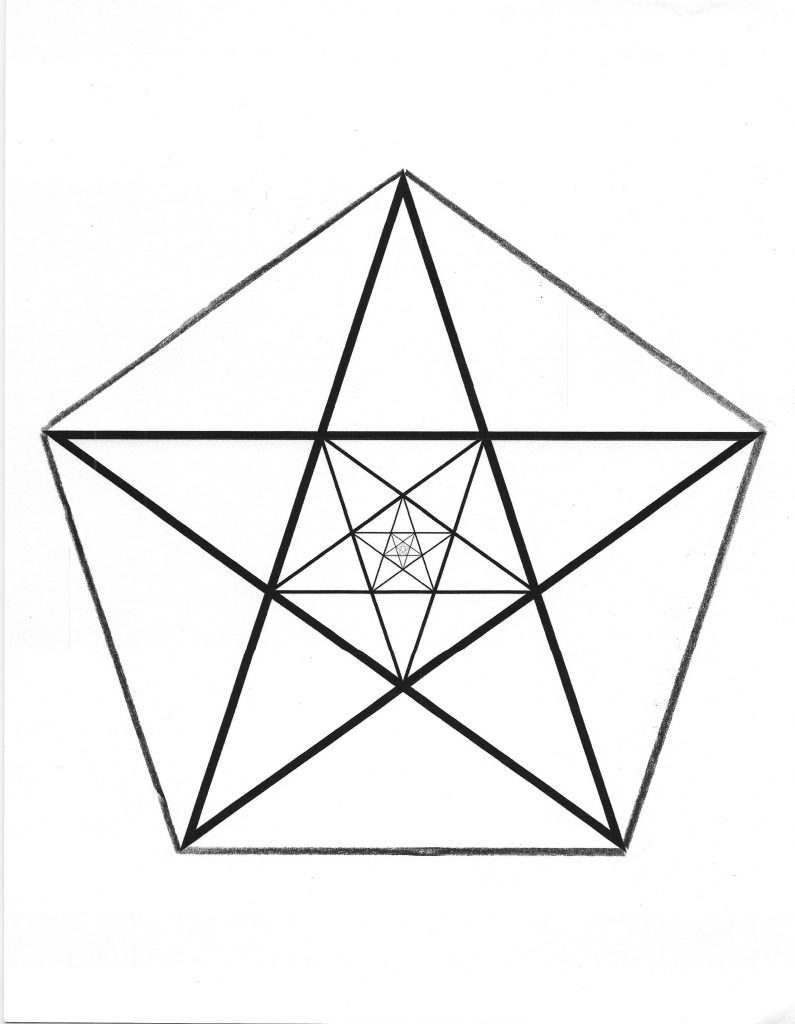Our world is becoming increasingly uncertain. Wars progress and threaten to escalate. Markets are volatile. The upcoming U.S. presidential election looks messy. Even Asheville, N.C., long considered to be one of the very safest places in the country, was just devastated by a hurricane. (So safe was Asheville considered that NOAA put their server building there – ironic considering what just happened there). A number of our families at Enkindle Academy have been affected by the aforementioned catastrophes. In such times as these, therefore, what is the best approach to education? In short, stick to the fundamentals because these shall become our anchors in choppy waters. When the world becomes uncertain, resort to timeless principles, and we shall find our way back to calmer seas. Then, we need not know all the answers, but we shall feel confident that we are solving, not exacerbating, world problems.
The Education of Thinking
In last week’s seventh grade geometry live class, I tasked the students with solving a mathematical riddle. I gave them a figure of nested pentagrams and pentagons and I asked, “Figure out the value of each of the internal angles of a pentagon. You know the sum of internal angles of a triangle is 180°.”
Try it yourself. See if you can figure it out!

The answer is 108°. I’m not going to explain how that works, here. Suffice to say it takes logic, reasoning, and thinking outside the box. Er, uh, the triangle.
I use this as an example because Abraham Lincoln used geometry to end slavery. In his early days as a lawyer, he wanted to know how to demonstrate truth. He thusly spent six months mastering Euclid’s geometric proofs until he learned “what it meant to demonstrate.” We all know where that took Lincoln, the American people, and the course of world history.
If you want your children, therefore, to grow into creative problems solvers later in life, challenge them to solve universal, timeless problems such as geometry asks. Educate them to think in the realm of the forms which live above the temporal, ever changing world of day-to-day life.
The Education of Feeling
For ancient thinkers like Plato, goodness, beauty, and truth could not be separated. Truth was both beautiful and good and vice versa. A deed of goodness, like donating to help hurricane victims rebuild their lives, was recognized as morally beautiful and brought one closer to the Truth of life. In this case, we could say the truth of love and our interconnectedness.
Following in that vein, our education should properly school the sense of what is beautiful and what is not. This pertains not only to art but also to character and actions. We find Macbeth morally repugnant because his misdeeds offend our feeling life. On the contrary, nobody could criticize St. Francis of Assisi for his extraordinary deeds of service. If you want your children to have a well-developed discernment for beauty and ugliness, for right and wrong, tell them stories. Focus especially on biographies, for these convey a great deal without a lot of effort on your part.
The Education of Willing
Ok, so you may raise an intellectually brilliant child and/or one with exceptional artistic abilities. How can you be sure he or she will turn those capacities to good ends? Look at our world today, how many sociopathic CEOs, world leaders, doctors, lawyers, and scientists we have! This can all be traced back to how they were educated. If we neglect the education of the will, all the genius in the world will not only be wasted, in many cases it will turn to egotistic or even malevolent ends.
How do we train the will, therefore? In a word, service. We give our students opportunities to use their two hands to serve other beings beyond themselves. Think about it. Human beings are the only creatures in the world with two limbs that don’t directly serve the trunk. Some of you may object that chimpanzees can use their hands freely, and they can. However, if you watch the way they walk, you cannot help but conclude that they were designed as knuckle walkers. Only human beings have two, completely emancipated limbs to freely do what we will with them.
There is a great mystery in this which expresses that which is quintessentially human: freedom. I can use these hands to bomb you or I can use them to help you rebuild your home. With these hands, I can click a mouse to enrich myself far beyond what I need or donate some of my abundance to our friends in Lebanon in need. If you want your children to be good, therefore, show them what these hands are for. Give them opportunities to help others.
I would also recommend traveling to places less fortunate than their own. This is a great education of the will. They will perceive how others live and how much inequality there remains in our world. It will then be hard to form hardened, uncaring opinions for those in need.
Finding Certainty
We cannot predict the outcomes of all humanity’s current predicaments. Nor do we need to. If we practice the fundamentals, the world will naturally right itself in time. Start with true knowledge of the human being; we are creatures of thinking, feeling, and willing. As such, we need correct ways to educate all three of these soul capacities. Then, instead of educating only the head, as most modern public education does – creating antisocial geniuses in the process – we will raise whole human beings. They will grow into creative thinkers, compassionate feelers, and capable problem solvers. Then, we’ll see this world turn itself around.


Leave a Reply
You must be logged in to post a comment.